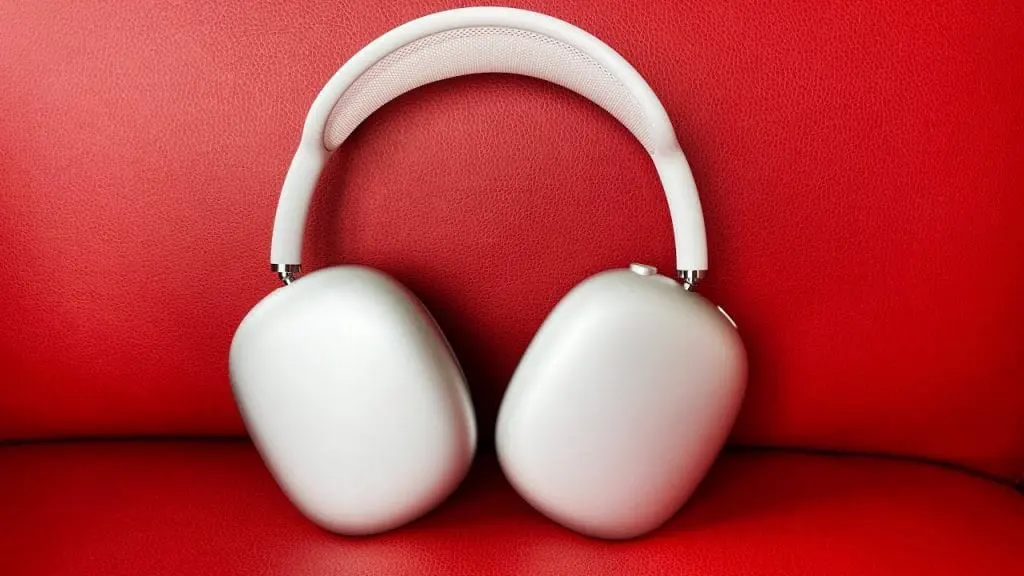I had an early, firsthand experience with the new Samsung S25 lineup, particularly the S25 Ultra. I was eager to see how it compares to Apple’s flagship, the iPhone 16 Pro Max. What struck me about these devices is that we’ve seemingly hit a milestone in phone design. The classic rectangular shape presents many similarities in both devices, including internal specifications. Thus, the core comparison boils down to software, user experience, and, of course, their AI capabilities. So, let’s delve into that.
If you’re seeking an authentic hands-on presentation of the S25 Ultra alongside the iPhone 16 Pro Max, I strongly suggest watching the video linked below.
Design Comparison
From a design perspective, you’ll note numerous similarities between these two devices. Samsung has made subtle adjustments to the S25 Ultra compared to last year’s version, slightly reducing the bezels and increasing the screen size from 6.8 inches to 6.9 inches (sound familiar?). They’ve also curvier the side edges for a more comfortable grip. Furthermore, Samsung has managed to lessen the device’s weight by about 15g, which is quite noticeable.
Both smartphones utilize titanium in their construction, feature premium glass, and boast a triple-camera setup, giving them a lavish feel. The most apparent visual distinction is that the S25 Ultra flaunts more squared corners, while the iPhone has rounded edges, making the choice largely a matter of personal aesthetic preference.



A18 Pro vs Snapdragon 8 Elite for Galaxy
Here’s a brief overview of the internal specifications of each device.
| S25 Ultra | iPhone 16 Pro Max | |
| Single Core Geekbench | 3049 | 3539 |
| Multi Core Geekbench | 9793 | 8772 |
| Total Cores | 8 | 6 |
| Total RAM | 12GB | 8GB |
| Operating System | OneUI 7 | iOS 18.X |
At first glance, it’s clear that these devices are quite similar. The single-core performance favors the iPhone, while multi-core performance goes to the S25 due to its two extra cores. While these numbers matter, in reality, both devices handle everyday tasks with ease. In my video, I tested app opening speeds and shutter responsiveness, and both excelled. Enjoying content on these devices is top-notch, so ultimately, it comes down to personal preference and familiarity. Both processors facilitate advanced AI capabilities as well.
Here are a few additional specifications for the S25 Ultra:
- 3NM processor
- 40% increase in NPU performance
- 37% boost in CPU speed
- 30% improvement in GPU performance
- 40% enhancement in ray tracing capabilities
- 18% higher FPS
Galaxy AI vs Apple Intelligence
I want to note that Apple Intelligence is still evolving as of this writing. Currently running on iOS 18.2, only a handful of features are available, and many promised enhancements from WWDC 2024 are yet to be implemented, particularly in terms of proactive actions. This is where Galaxy AI excels.
Cross-App Actions
This aspect excites me the most, and I believe Apple could improve significantly here. Galaxy AI enables users to perform tasks that involve multiple apps. For instance, you can summon Galaxy AI and instruct it to check the schedule of upcoming football games, add it to your calendar, and even notify your friends!
- Example: “Hey, find when the next football game is, add it to my calendar, and text it to my friends.”
In this instance, Galaxy AI will guide you through all the steps right up to sending the text, although it will request permission or prompt you before sending it.



There are instances where Galaxy AI completes the entire task as well. Here’s another example:
- Example: While watching a recipe video, ask Galaxy AI to extract the ingredients and save them in the notes app.
This feature is impressive since you can pull up a recipe video and instruct Galaxy AI to extract everything needed, summarizing it for later reference. There are numerous potential use cases for this capability.
Currently, it works with all first-party Google and Samsung applications, and there’s an APK available for third-party developers to integrate this functionality into their apps.
Similarities to Apple Intelligence
Both devices are equipped with fun features like generating images from sketches or creating emojis. They have enhanced conversational awareness, capable of grasping context even when users falter in their speech.
- Samsung uses Generative Edit; Apple offers Image Playgrounds.
- Samsung provides Sketch to Image; Apple delivers Image Wand.
- Samsung has Audio Eraser; Apple features its own audio editing tools.


Concluding Thoughts on AI
Currently, I’d lean towards the S25 Ultra in terms of AI capabilities. Its abilities seem broader, and its intelligent assistance feels more reliable. I tried a few basic prompts, and Galaxy typically responded more quickly and accurately. It also exhibits a better contextual understanding and can leverage data from other applications for more personalized responses. Apple seems to be gradually rolling out its features related to Apple Intelligence, which may put Samsung and Google ahead for the time being. Additionally, Google Assistant consistently performs better than Siri, a trend that continues here.
Final Tidbits
Here are a few other exciting features Samsung has introduced with the S25 lineup:
- New 50MP Ultrawide camera with Macro mode
- 4K LOG video support
- Audio eraser feature
- Variable digital aperture
- Buy Now Pay Later options for Samsung Pay
- Tap-to-pay functionality across devices (including from Samsung to iPhone)


Final Take
As noted in my introduction, we’ve reached a point where both internal and external hardware capabilities are at a commendable level. Advances in material science and hardware have mostly equalized the offerings. Therefore, the focus narrows to software (AI) and ecosystem. Presently, I would favor Samsung and OneUI 7 for its AI integration and practical functionality. Apple’s intelligence features still have room for enhancement to match user needs effectively. However, I am confident it will improve before the next iPhone 17 launches.
That said, I personally couldn’t transition to Samsung as my primary device due to my established ecosystem. My collection includes an iPhone, iPad, Apple Watch, Mac Mini, HomeKit devices, an Apple TV, and a HomePod, all designed for seamless interoperability. Introducing a non-Apple phone could unintentionally degrade my user experience. Nonetheless, if I were entrenched in the Samsung ecosystem, the S25 Ultra would undoubtedly be compelling.
The S25 Ultra is currently available for pre-order, starting at $1299.
What are your thoughts? Do you believe Apple will eventually catch up in terms of AI capabilities? Would you consider switching ecosystems? Share your opinions below!
: . More.




